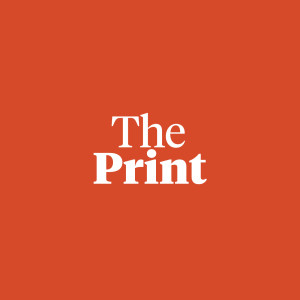

Peter Pham, Roger Noriega, Michael Mandelbaum, Gordon Chang
Dr. Peter Pham of the Atlantic Council enlightens listeners on matters developing in Africa. The late Col. Qaddafi was a pack rat that spent most of his time as leader of Libya collecting arms, more than he could ever use. There are at least 20,000 Surface to Air Missiles (SAMs) missing as well as Rocket Propelled Grenades (RPGs), anti-tank and anti-armor piercing weapons and other weapons. Neighboring countries are confiscating some of these weapons from rebels’ forces and mercenaries that are engaging in attacks on civilians and government personnel. Somali rebels fighting African Union peacekeepers are using many of these weapons that have disappeared from Libyan depots. Is this a function of the new Libyan regime or is this a result of the chaos that has engulfed the African nation?
Latin American expert Roger Noriega joins Frank to shed light on recent developments within the region. People are suspicious that a “cracker jack” police force in Venezuela was able to catch the kidnapping ring that abducted National’s catcher Wilson Ramos. Was the police in on the kidnapping in order to project the ability to go after kidnappers which has become a growing business? Hugo Chavez has not been responding well to his cancer treatment and therefore many feel he will be out of the picture within the next six months. What will happen to Venezuela once Chavez is gone? Who will take the reins of the country and how will that impact American security?
Dr. Michael Mandelbaum, professor at Johns Hopkins University School of Advanced International Studies, speaks on his book “The Frugal Superpower” and if it is possible for a superpower to be frugal. Americans who are getting less from their government and giving more to it will become less receptive to America’s global role. Yet, in times like these it is important for America to project global influence and keep threats away from our shores and the shores of our allies. If America doesn’t take the global leadership role, who will and what implications will that have for American security and democracy overall? America cannot close itself off and forget about its foreign responsibilities because the economy is slow. This type of nearsightedness will result in threats rising throughout the globe, threats to American interests and the security of our allies. America can continue with its global leadership by being smart about where we put our resources as well as the amount and type of resources we provide. Removing troops from Afghanistan and Iraq will enable America to more adequately counter the Iranian threat in the region. America must continue its global leadership.
Weekly Asian specialist Gordon Chang gives his insights on President Obama’s initiatives at the Asia Pacific Economic Cooperation Summit in Honolulu. Countries within the region are turning to the United States and not China for economic partnership because the Chinese trajectory seems to be going in the wrong direction. This cooperation is between nine or ten nations embarking on a free trade agreement, without involving the Chinese. What does this mean for the Chinese economy? The Obama Administration seems to be finally taking notice of Chinese influence and is taking steps to counter that influence through this Free Trade Agreement. Is the Obama Administration’s posture towards China reliable? The Air-Sea Battle Initiative is in response to the Chinese military buildup and the Pentagon now sees what the Chinese are trying to do and the comments they are making about engaging in war with America. The Pentagon is preparing conventional forces for any future conflicts with China, but how will slashing the defense budget affect that preparation? America needs to bulk up its military force in response to China’s claims of taking land they perceive as their own from countries that are allies with the United States. Cutting the Pentagon’s budget at this point is reckless. Australia has allowed the U.S. to establish a base in response to the Chinese threat.
More Episodes
All Episodes>>You may also like
Creat Yourt Podcast In Minutes
- Full-featured podcast site
- Unlimited storage and bandwidth
- Comprehensive podcast stats
- Distribute to Apple Podcasts, Spotify, and more
- Make money with your podcast



